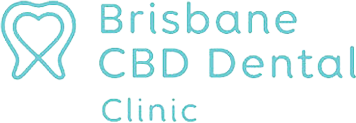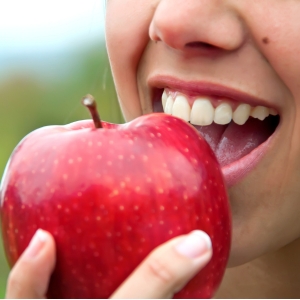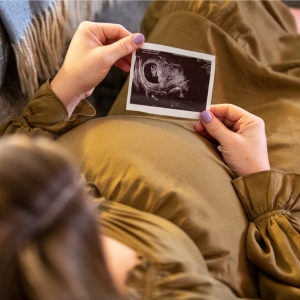Mononucleosis – The Kissing Disease

One common way for mono to spread is through saliva–like when sharing a drink.
Many teenagers suffer from philemaphobia, the fear of kissing. It’s common among young or inexperienced kissers. For some, that fear may be tied to the simple reality that millions of bacterium and viruses are exchanged in the process.
One such virus in the mix could very well be infectious mononucleosis. Or more simply, mono. It’s often called the “kissing disease” because it can be transmitted through saliva. But you can also get it through a cough, a sneeze, sharing food or a utensil. Mononucleosis isn’t as contagious as many viruses. In fact, the common cold, which is also a virus, is far more infectious.
The Epstein-Barr virus (EBV) is what generally causes mono. Most of us are exposed to this virus as children. In fact, about 85% to 90% of us have acquired this virus by the time we’re adults. Thankfully, just because we’re infected, it doesn’t mean we’ll develop symptoms of mono.
Teenagers or those in their 20′s who exhibit symptoms often have flu-like symptoms. You may be familiar with them:
- Fever
- Muscle aches
- Tiredness and fatigue
- Sore throat
- Swollen lymph glands
- Abdomen pain
- Loss of appetite
Generally, mono isn’t a serious illness. The symptoms can be mild or more severe. Like the flu, rest and staying sufficiently hydrated is the key to recovery. It usually takes two to four weeks for the fatigue to pass and strength to return. Those with a compromised immune system or who are under a lot of stress may require six months or longer for symptoms to subside.
Longer recovery times may be due to complications. That could include anemia, an enlarged spleen and various liver problems such as hepatitis and jaundice.
There’s no vaccine to prevent mono. However, to reduce your chance of getting it, practice common sense personal hygiene. Wash your hands often and avoid sharing food and drinking glasses with others. Don’t use someone else’s toothbrush, lipstick or lip balm. Or kiss someone who does!



